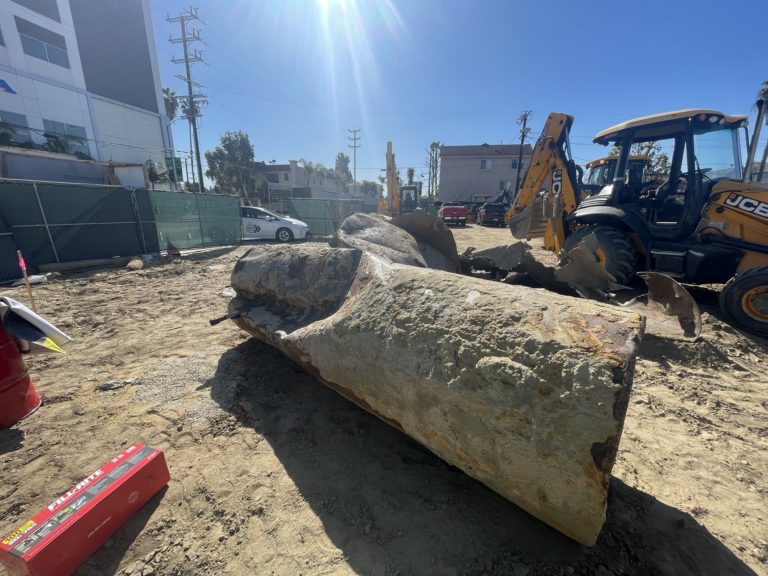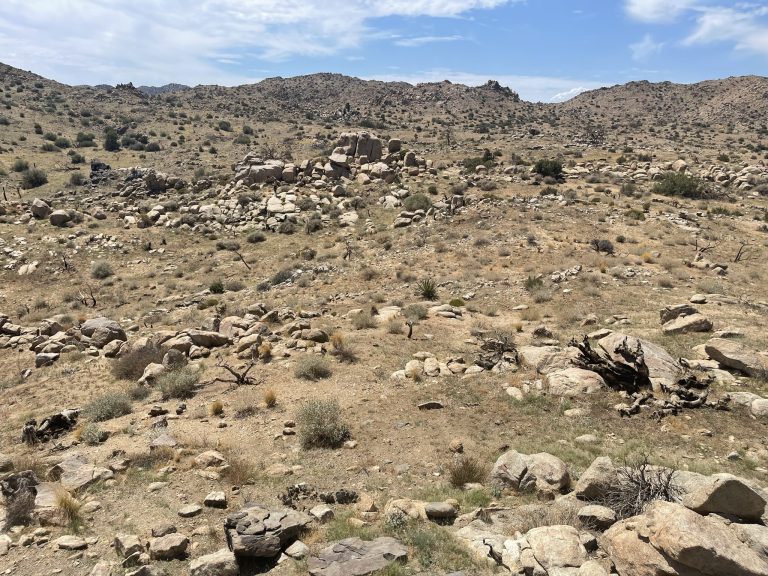Juvenile Water
Juvenile Water: In geology, juvenile water is water derived directly from magma, introduced into the Earth’s surface through geological processes such as magmatic and volcanic activity. Since juvenile water is derived from Earth’s center, its characteristics, are associated with higher temperatures and pressures.




